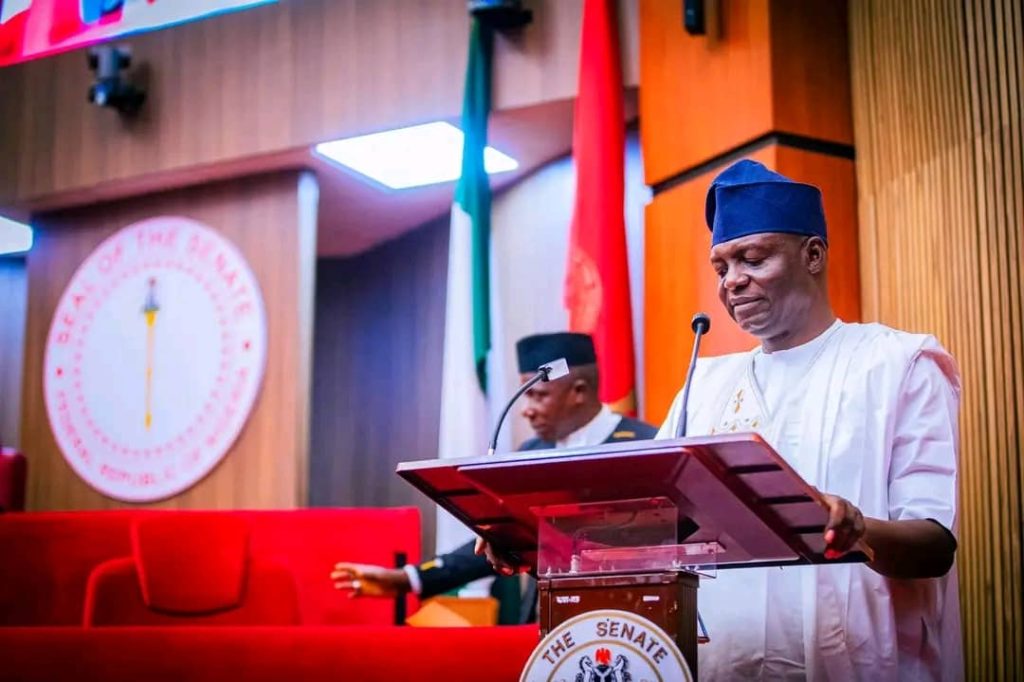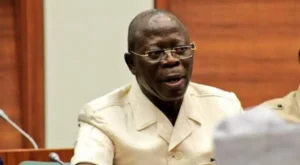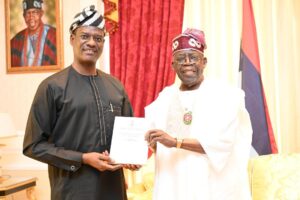The Nigerian government is now using artificial intelligence (AI) and satellite images to find and support poor people living in city slums. This new approach was shared by Nentawe Yilwatda, the Minister of Humanitarian Affairs and Poverty Reduction.
During an interview on Arise TV’s Prime Time, Minister Yilwatda explained that AI has helped the government grow the National Social Register. This register now holds details of nearly 20 million Nigerians who need help.
He said the register was originally made to include only poor people living in rural areas. But President Bola Tinubu asked the ministry to add poor people from cities too. As a result, the register increased from 13 million to 19.7 million people. To do this, the government used satellite photos to find city slums and used phone company data to find out who lives there.
The minister said, “We looked at satellite images to find where the slums are in the cities. Then we used telecom data to identify the phone numbers in those areas. AI helped us check who these people are by looking at their access to money services and other important things.”
Thanks to the updated list, the government can now create better support programs for both city and village residents. According to Yilwatda, about 15 million households, or 75 million Nigerians, are now being targeted for different poverty relief programs. With Nigeria having around 43 million households, this plan will reach a large part of the population.
The minister also talked about hunger in the country. He said about 42% of Nigerians don’t have enough food, which is around 80 million people or 20 million families. To help, the government is giving N75,000 each to 15 million families through conditional cash transfers. While this amount might seem small in the cities, it is very helpful in villages.
A study done with the World Bank and civil society groups showed that 18% of the people who received the money used it to start small businesses. Also, 82% used it to buy more food, and 52% paid for their children’s school fees. Yilwatda said, “It may not be a lot, but it really helps reduce the pressure of poverty.”
Looking ahead, the minister said the government is working on long-term plans to reduce poverty. This includes giving out N1.5 trillion in loans through a bank to support farmers and increase food supply. He also mentioned scholarship programs to help students stay in school during tough times.
Yilwatda said the government is changing its strategy — instead of just giving emergency help like food and money, the goal now is to actually reduce poverty in the long run. He said, “Giving relief helps for a short time. But to really help people, we must move them out of poverty completely.”







